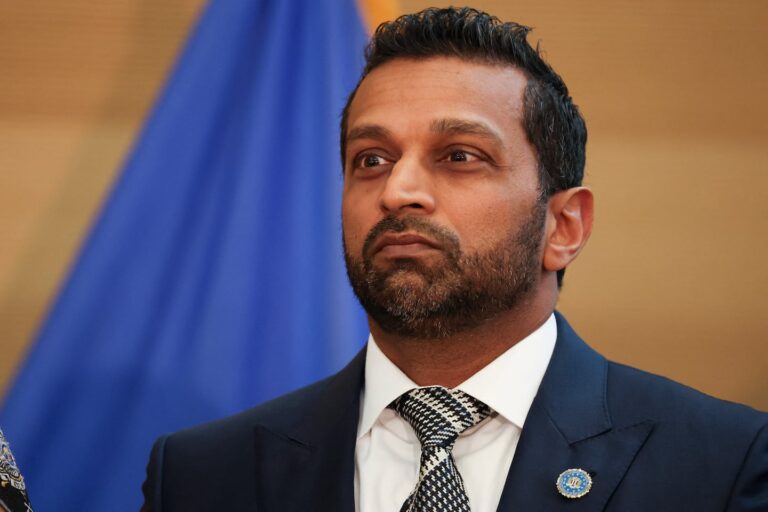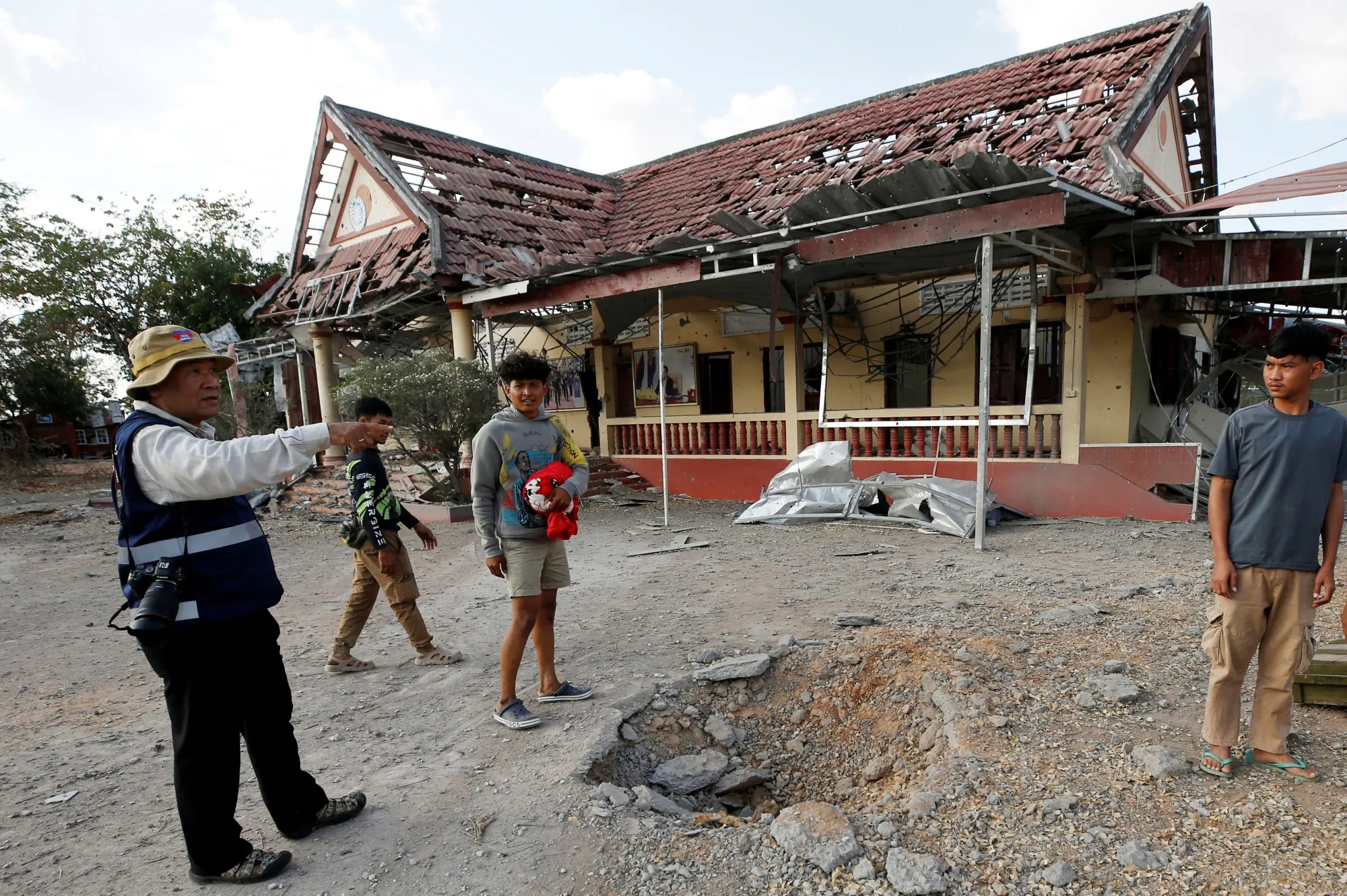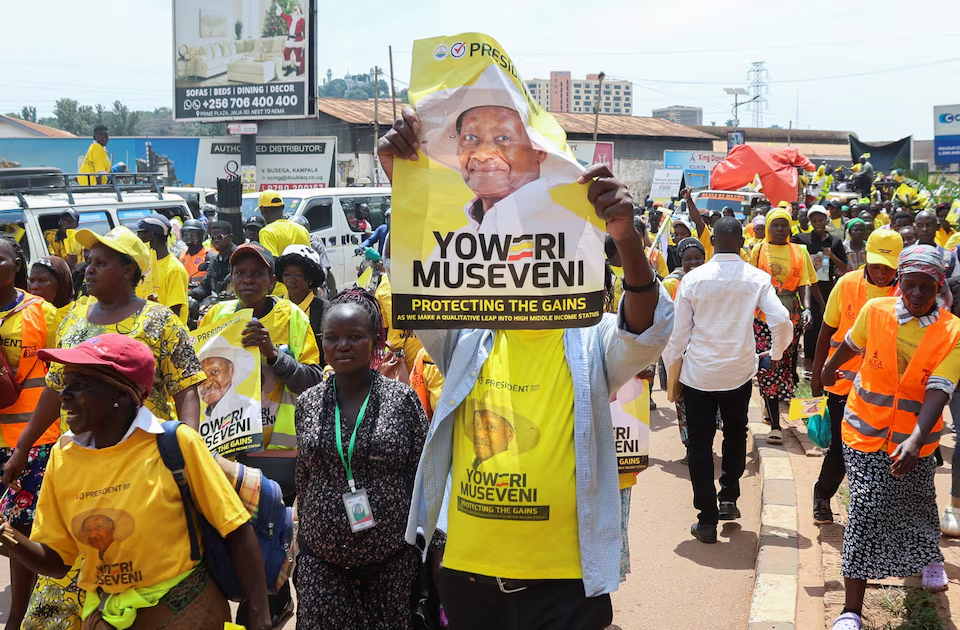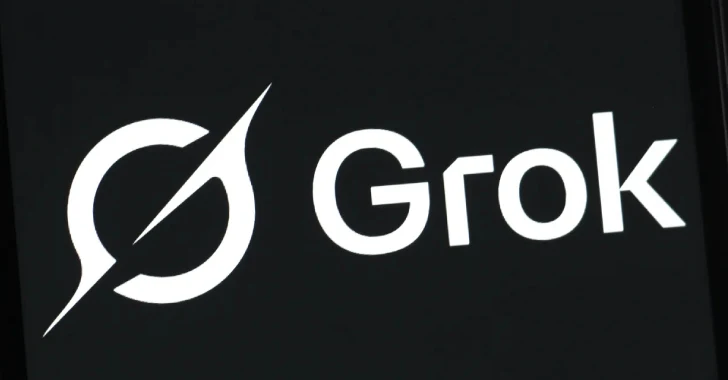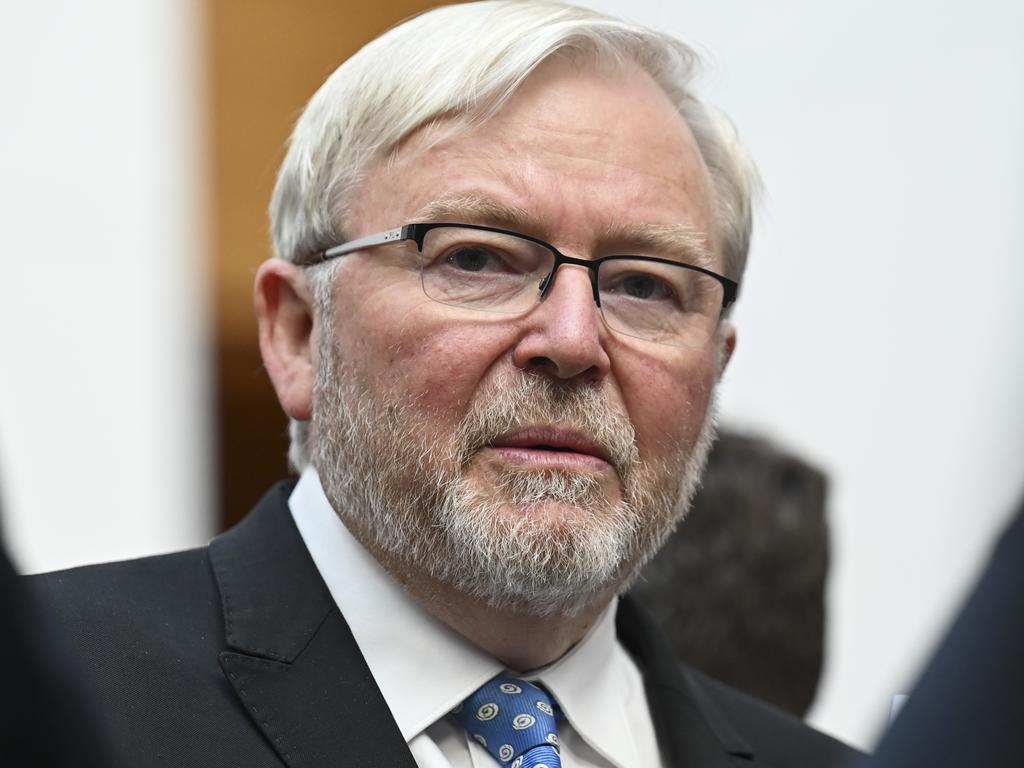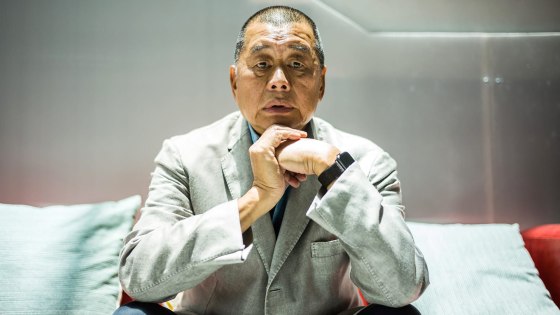FBI Director Kash Patel will face back-to-back hearings before Congress this week as lawmakers scrutinize his handling of the investigation into the killing of conservative commentator Charlie Kirk. The hearings, scheduled for Tuesday and Wednesday, are expected to probe both the agency’s missteps during the high-profile case and Patel’s overall capacity to lead a bureau under pressure.
The controversy erupted after Patel prematurely announced on social media that a suspect in Kirk’s killing was already in custody, a claim later proven incorrect. The blunder not only fueled public confusion but also raised fresh doubts about his leadership style and operational judgment.
President Donald Trump, who appointed Patel to the post, praised him on Saturday for what he described as the FBI’s swift identification and capture of Kirk’s alleged killer, Tyler Robinson. Still, the president’s endorsement has not silenced Patel’s critics — including some within his own conservative camp.
Christopher F. Rufo, a senior fellow at the Manhattan Institute, argued Patel had “performed terribly in the last few days” and questioned whether he has the expertise to confront extremist threats. “Republicans must assess whether Patel is the right man to run the FBI,” Rufo wrote in a statement on X.
Read Also: Hochul Backs Mamdani For NYC Mayor Amid Poll Momentum
Other conservative voices have echoed the unease. Commentator Erick Erickson warned that “the FBI situation is concerning,” while The Guardian reported that Patel has been mocked by far-right groups for his “clumsy response” in the aftermath of Kirk’s death.
The stakes are high for Patel, who oversees an agency of nearly 38,000 employees, including 13,000 agents, at a time of sharp political divides. His testimony will likely touch on how the FBI plans to rebuild credibility, strengthen its operational discipline, and maintain independence in an increasingly polarized environment.
For Patel, the hearings could mark a turning point — an opportunity to regain trust, or a moment that cements doubts about whether he can steer the nation’s top law enforcement body through one of its most turbulent periods.

